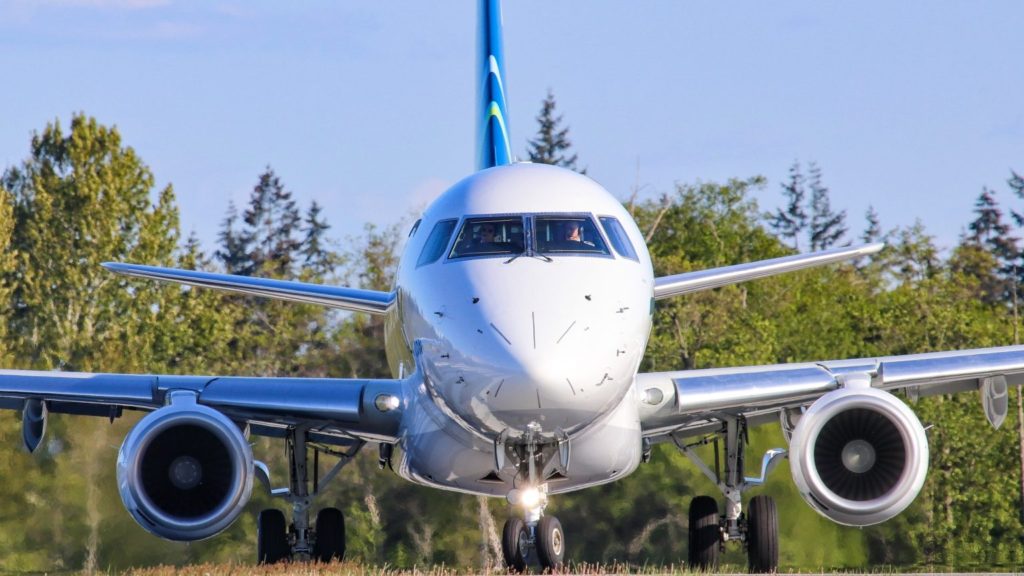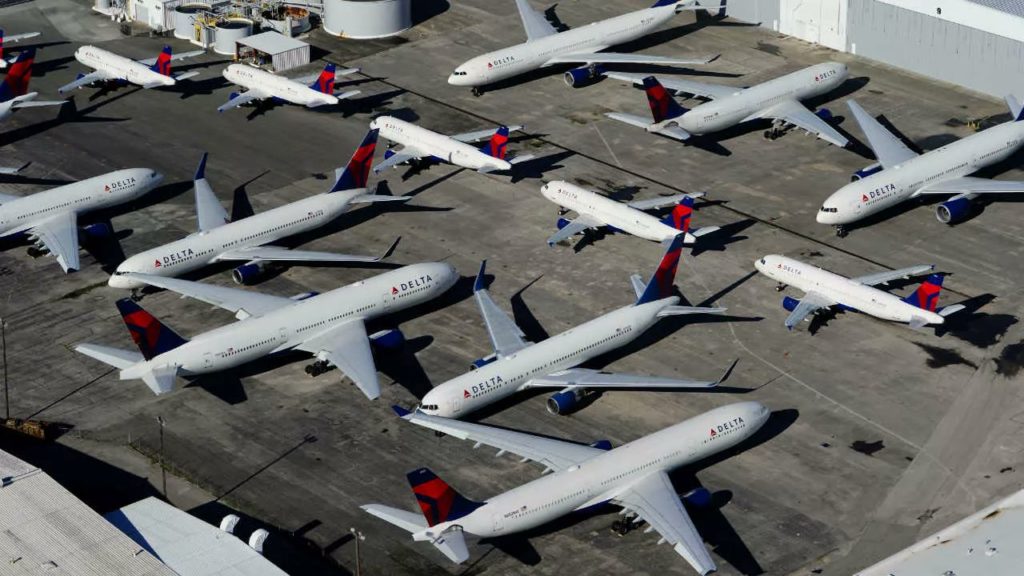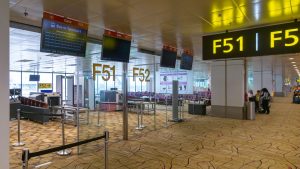The global aviation industry could see over 500,000 job losses in 2020

What we'll be covering
This article originally appeared on AirlineGeeks.
Over 350,000 aviation jobs have been cut over the past six months. Over 25,000 jobs are expected to cut through the end of the year, and an additional 95,000 jobs are in jeopardy, Crain’s Business reports, potentially putting aviation-related job losses around 470,000 or higher by the end of 2020.
Around 220,700 jobs so far have been lost at airlines. Just over 60,000 have been lost at aircraft manufacturers. An additional 46,500 job losses are associated with airline servicing, and close to 30,000 have been lost at airports.
Over 80% of job losses have been in Europe and North America, home to some of the world’s largest airlines – especially in terms of long-haul international traffic, the sector hit hardest by the coronavirus crisis – and largest manufacturers, Airbus and Boeing, which have seen orders and delivers plummet as demand for seats bottomed out.
In the U.S., job losses could continue to climb throughout 2020’s winter season if the government is unable to extend payroll support past the current Sept. 30 program end date. Airlines are already planning to furlough or lay off tens of thousands of workers after Oct. 1.
Projections come as job losses remain high amid the coronavirus-induced travel dropoff that saw flights run nearly empty for months during the second quarter of the year. The International Air Transport Association (IATA) says passenger traffic was down almost 80% in July compared to 2019 numbers, signalling that there is still a long way to go before there is enough demand to support job growth.
IATA expects that airlines will lose a collective $100 billion this year and next. The body also says that passenger counts may not return to pre-COVID levels until 2024, signalling that many furloughs may stretch on for years.

“This crisis is wreaking huge long-term damage on the aviation industry,” said Rowland Hayler, a co-founder at aviation consulting group Five Aero, per Crain’s. “Given the importance of the sector in supporting all sorts of other businesses, the job losses are also a disaster for the wider economy.”
While U.S. airlines managed to secure payroll funding fairly early, carriers in other parts of the world have faced more restrictions, greater limits on bailouts or been forced to survive longer without funds. The Canadian government has completely neglected to offer airlines any money past what is available to all businesses to protect jobs.
Airlines around the world have been taking measures once considered drastic to encourage travelling, which in turn protects jobs, as much as possible. This past weekend, U.S. carriers announced they will eliminate all change fees on domestic – and certain international – services, offering passengers more flexibility in hopes that dropping the fees will boost public perception of aviation and hopefully encourage more to book tentative travel plans.
Governments have also taken recent moves to protect airlines, some for the first time. Colombia’s government offered its flag carrier, Avianca, $370 million as part of a restructuring. The UAE’s government gave Emirates $2 billion to help the airline stay afloat and continue to pay workers.
* Featured image courtesy of Katie Bailey, AirlineGeeks.






Community